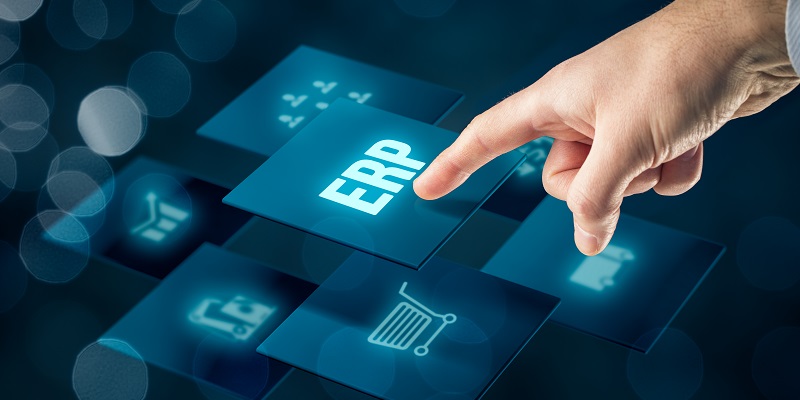In today’s digital era, businesses must keep up with rapidly evolving consumer demands in order to survive. With the rise of omnichannel commerce, retailers face numerous challenges in managing a cohesive business model across multiple channels. However, by adopting and integrating retail enterprise resource planning (ERP) systems, organizations can solve most, if not all, of the challenges of running an omnichannel business.
Centralization of Data Flows Throughout an Organization
One of the key advantages of a retail ERP system for omnichannel commerce is the centralization of data flows throughout an organization. With a single source of data, retailers can easily track inventory, sales, and customer data across all channels. This ensures that all aspects of the business are operating efficiently and effectively.
Integration with any channel
ERP can be integrated with any channel, such as Magento and Shopify-based websites, marketplaces, e-commerce mobile apps, or retail stores. This means that retailers can provide a seamless experience to customers across all channels and manage inventory levels in real-time. Furthermore, this level of integration leads to a better understanding of the customer journey across all channels, allowing retailers to make data-driven decisions.
Benefits of ERP-Enabled Data Synchronization in Omnichannel Businesses
Improved data quality leads to better decision-making
Manual data entry is a problem for retailers of any size. Errors and duplicates reduce data quality, leading to inadequate decision-making and increased business costs. By implementing an ERP system, retailers can eliminate manual data entry and ensure that the data is accurate and consistent across all channels. This leads to better decision-making and ultimately, increased profitability.
Automation of Retail Aspects
ERP allows organizations to automate various retail aspects, thus simplifying omnichannel management. Tasks like inventory management, order processing, and customer service can be automated, freeing up staff to focus on more important tasks. This streamlines operations and reduces the risk of errors.
Cost savings
Establishing an effective omni-channel business is not only challenging but also costly. However, with automation and standardization, Enterprise Resource Planning (ERP) can significantly accelerate the completion speed for most critical business tasks. This leads to cost savings across the organization, which can be invested in other areas of the business.
Faster completion speed for critical business tasks
An ERP can help a retailer track the performance of specific sales channels to reveal potentially effective ones. By analyzing customer behavior across channels, retailers can gain insights into which channels are performing well and which ones need improvement. This allows for quicker decision-making and the ability to respond to changes in the market.
In conclusion, an effective omnichannel business model is vital for retailers hoping to survive in the highly competitive digital age. Retail enterprise resource planning (ERP) systems offer a centralized solution for managing multiple channels, improving data quality, automating retail operations, and tracking performance. By investing in an ERP system, retailers can simplify omnichannel management while increasing sales and profitability.

